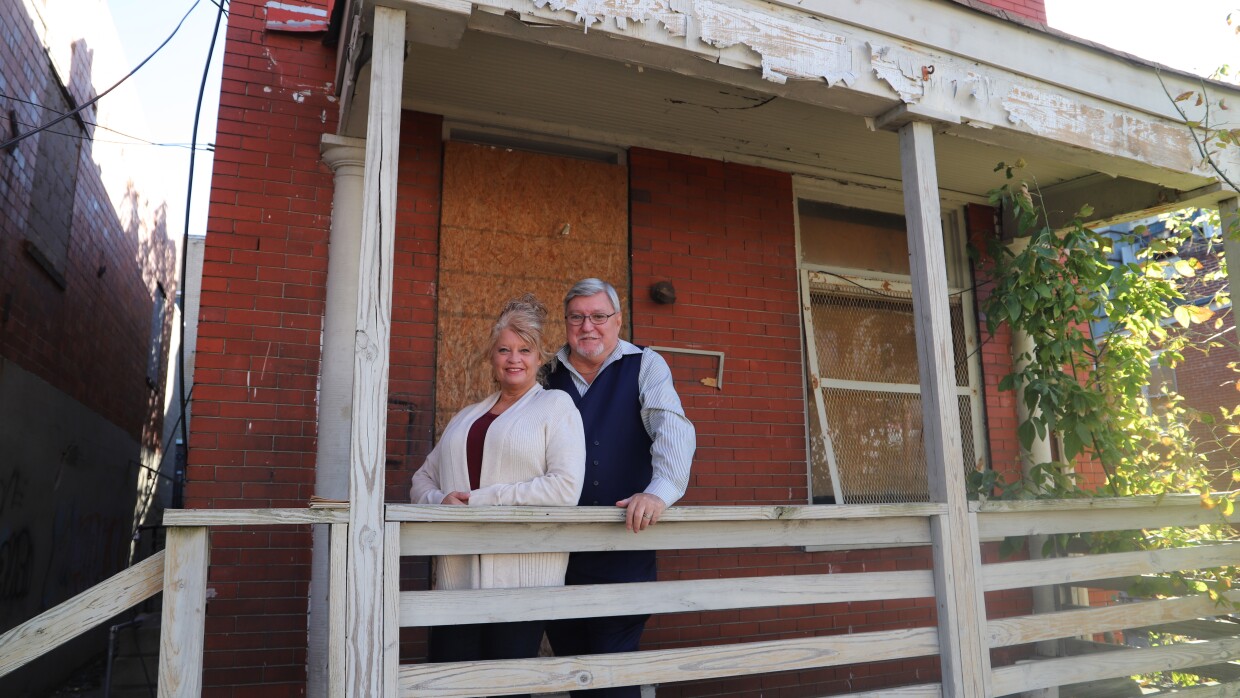If you’ve spent any time in Cincinnati, you know the hulking white building with the tower on top that rises just west of I-75. In a city of architectural gems, the Crosley Building in Camp Washington stands out for its size and its neglect.
What might not be apparent gazing at the crumbling building is that a significant amount of history took place there. This podcast is the story of how a now-empty building helped change the world, and how the fate of the neighborhood around it is tied up in its construction, its boom years, its decline – and efforts to resurrect it.
The 1950s and early 1960s were economic boom times for America and for Cincinnati. But Crosley's business was changing after Powel Crosley Jr. sold the company in 1946. Boom times in Camp Washington were also numbered.
Lewis Crosley's grandson Rusty McClure talks about the company's final days.
"You have two brothers who have worked their butts off and are getting old and tired," he says. "Powel goes to his brother and says, 'I'm going to sell everything so that you can concentrate on the Crosley car.' And that's what they do."
Bob Story lived in Camp Washington right next to the Crosley Building from the 1950s to the 1980s. We stood outside his former house and talked about his memories of the final glory days in Camp Washington.
"Friendship? You couldn't be in a better neighborhood."Bob Story
"You could actually be born in this neighborhood, work and retire in this neighborhood and never own a car," he says. "You had everything you needed… and friendship? You couldn’t be in a better neighborhood. Everybody knew everybody."
Crosley's departure was an omen for the future of Camp Washington and a peek at larger trends of deindustrialization. In the next episode, we'll talk about how deindustrialization and other factors — including a highway coming through Camp Washington in the 1960s — impacted the neighborhood.
Listen to Crosley at the Crossroads by subscribing your favorite podcast platforms.










